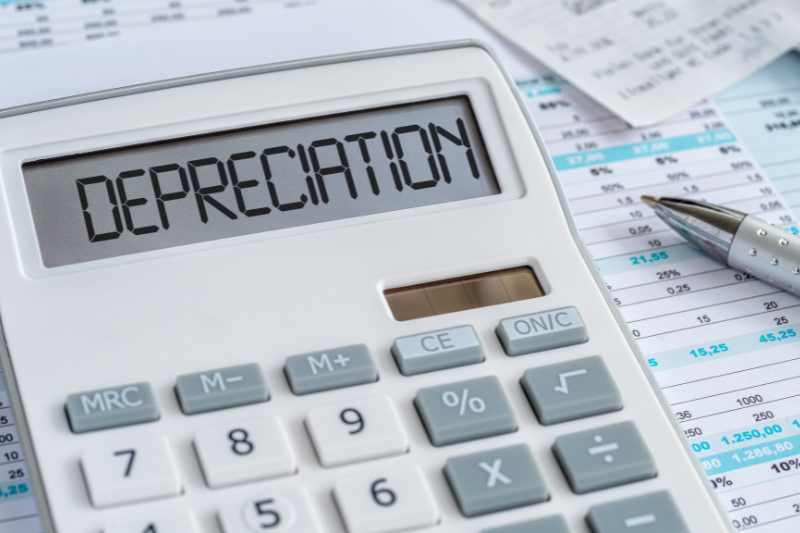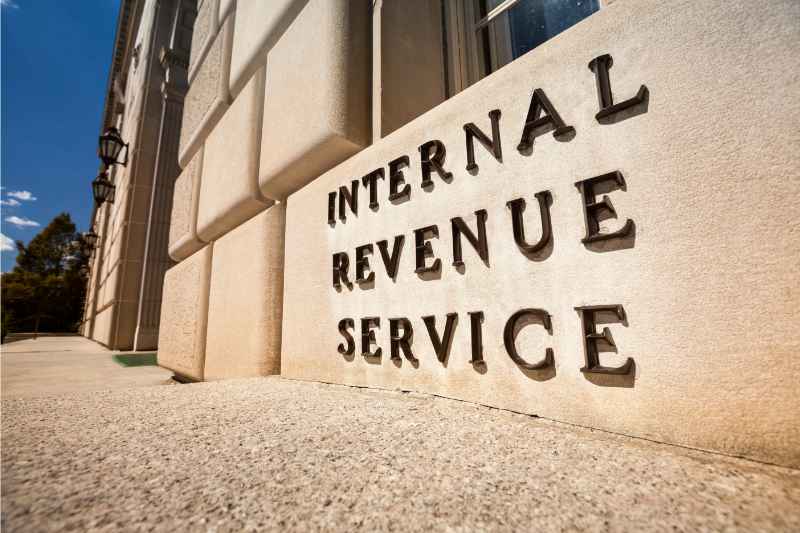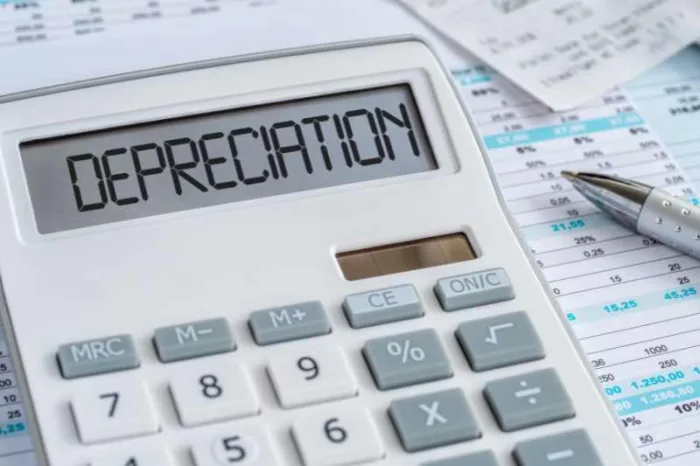Key takeaways
- Rental property depreciation is when a property naturally loses value over time as defined by the IRS.
- Depreciation is estimated to take place after 27.5 years.
- You may want to write off the depreciation of a rental property and use the money you get back to better your investment.
- Tips for managing property depreciation are to know when depreciation starts, list your write-offs in an organized fashion, and seek out a financial advisor (instead of relying solely on guides like this).

Disclaimer: This content is for informational purposes only. You should not construe any such information as legal, tax, investment, financial, or other advice. Nothing contained on our site constitutes a solicitation, recommendation, endorsement, or offer by ButterflyMX or any third-party service provider. ButterflyMX is not a financial adviser. You should always seek independent legal, financial, taxation, or other advice from a licensed professional.
Rental property depreciation is an unavoidable aspect of property ownership and financing. In order to make the most out of your tax benefits, understanding how to work depreciation to your advantage is a must.
In this guide, we first go over what exactly property depreciation is. Next, we cover how to calculate a rental property depreciation schedule. Lastly, we explain rental property depreciation tax benefits.
Navigate this post:
- What is rental property depreciation?
- How do you calculate depreciation on a rental property?
- Should I depreciate my rental property?
- Rental property depreciation tips
What is rental property depreciation?
Rental property depreciation occurs when a property loses value due to age. From the integrity of a roof to the foundational structure itself, a building’s functionality becomes more of a risk as time passes by. As a result, the IRS allows you to write depreciation off on your taxes. These funds can then be applied toward the operating expenses of your property.
In order to write off the depreciation of a property, you must:
- Make money off the property (likely through rental income or renting out space for a business).
- Own the property (any debt you owe does not matter).
- Intend to own the property for longer than a year.
How many years do you depreciate a rental property?
In accordance with rules provided by the IRS, a rental property begins to depreciate in value after 27.5 years. However, for commercial properties, this takes up to 39 years.
How do you calculate depreciation on a rental property?
By most estimates, property depreciation occurs at a rate of about 3.6% each year, for a total of 27.5 years. For tax purposes when planning your multifamily finances, you can write off an additional 3.6% of taxes from the total value of your property per year.
Depreciation does not apply to the land that a property is on. As a result, you can only factor in the total value of your property, and not the associated land. You cannot write off any depreciation of your land.
For example: Our rental depreciation calculator with the above percentages indicates that on a $300,000 property, you can write off about $10,800 a year.

Is there a rental property depreciation income limit?
For property depreciation, there is an income limit of $100,000.
Keep in mind: This is only your modifiable gross income (your income after taxes).
Should I depreciate my rental property?
Accepting the tax benefits that come with property depreciation is an important aspect of real estate investing and creative financial planning. But the IRS will not ask you to depreciate your rental property. You aren’t required in any way to do this. However, depreciating your rental property is known as a tax benefit for a reason.
Learn how to invest in multifamily real estate:
Why would you not depreciate a rental property?
When you sell your property, you do have to pay back the total amount you have written off during the rental property depreciation life of your ownership. If you’re quickly flipping properties, depreciation might not be worth it when it comes to meeting your desired real estate metrics. Otherwise, you should do everything possible not to pay more than you need to in taxes.
Rental property depreciation tips
There are a few techniques you can use to effectively manage your rental property depreciation. Dealing with numbers and taxes can get pretty confusing, so every little tip and trick can help.
You may want to:
1. Know when depreciation starts
A common misconception that comes with property depreciation is the date on which you can start calculating yearly depreciations. The date you officially own a rental property is not necessarily the date you will use when you make your deductions.
This is because, according to the IRS, your property needs to be making money before you can claim it has started depreciating.
For example: If you purchase your property in September, but your first residents don’t move in until November, then you will want to start your depreciation in November of that year.
2. Organize your write-offs
It’s important to stay organized when managing property depreciation. You should keep a depreciation spreadsheet that calculates your yearly write-offs. You should also keep track of how you spend the write-off capital.

3. Hire an accountant
Written financial guides like this one are just suggestions and definitions. To get real advice that you can trust your financial investments with, you should look into hiring an accountant and/or financial planner.
A good accountant will:
- Organize and file your tax paperwork for you.
- Give you a detailed list of what you can and should use as write-offs.
- Answer all of your financial questions with in-depth responses.
- Only cost as much as the additional savings you get thanks to their expert advice.







